
7 Books Every Entrepreneur Should Read!
By: K.G. Graham | @cosignkg
These seven books offer a diverse range of insights and strategies that can benefit entrepreneurs at various stages of their journey. They cover essential topics such as innovation, growth, decision-making, and work-life balance, providing valuable lessons and inspiration for building successful businesses.
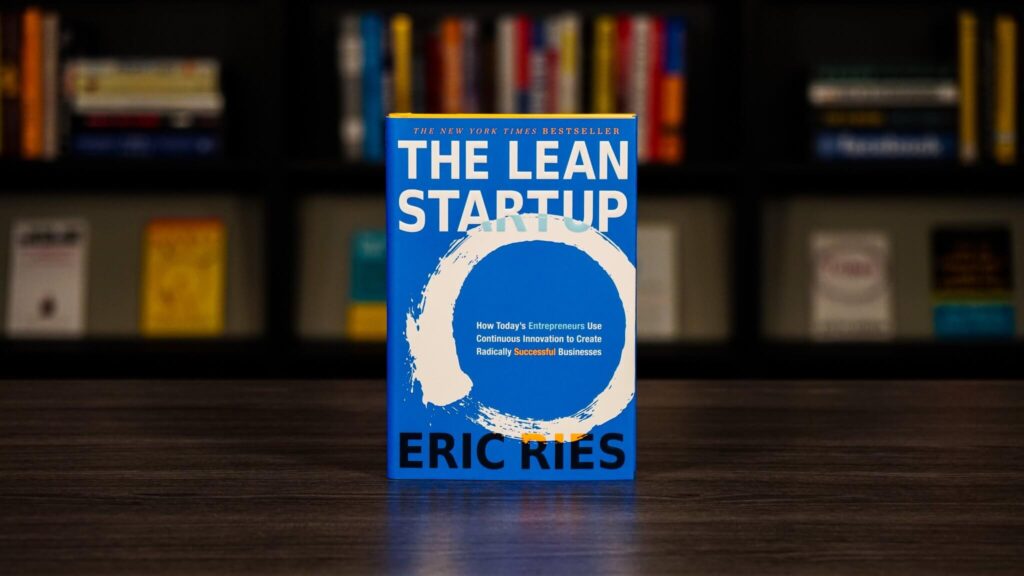
“The Lean Startup” by Eric Ries
“The Lean Startup” is a must-read for entrepreneurs looking to build and grow successful businesses. Ries introduces the concept of validated learning and provides practical strategies for testing and iterating business ideas, minimizing waste, and maximizing efficiency.

“Traction” by Gino Wickman.
Traction is a must-read for entrepreneurs looking to take their businesses to the next level. This book serves as a comprehensive guide to the Entrepreneurial Operating System (EOS), a practical framework that helps businesses achieve their vision and gain the traction needed for sustainable growth. Wickman’s straightforward and actionable advice provides a roadmap for business leaders, outlining key concepts like defining a clear vision, establishing core values, and improving business processes. Through real-world examples and practical tools, he demystifies the challenges of entrepreneurship and offers a structured approach to achieving success. “Traction” is not just a book; it’s a mentor that empowers entrepreneurs to drive their businesses forward with clarity, focus, and measurable results. Whether you’re a startup founder or an established business owner, reading this book is an investment in your entrepreneurial journey, helping you build a solid foundation and gain the traction necessary to thrive in a competitive market.
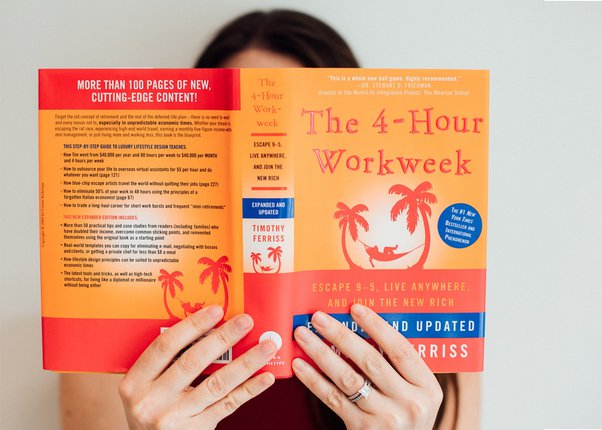
“The 4-Hour Workweek” by Timothy Ferriss
Timothy Ferriss challenges conventional thinking about work-life balance and provides a blueprint for achieving lifestyle design and financial independence. This book offers strategies for maximizing productivity, automating tasks, and creating businesses that offer more freedom and flexibility.
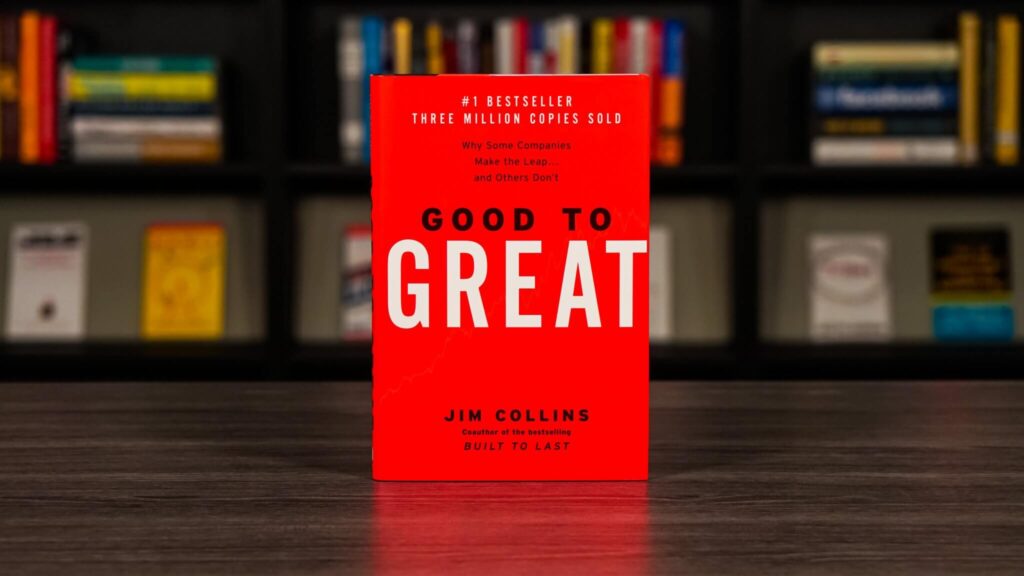
“Good to Great” by Jim Collins
In “Good to Great,” Jim Collins analyzes what distinguishes great companies from average ones. Through extensive research, Collins identifies key factors that drive sustainable success, such as leadership, organizational culture, and disciplined execution.
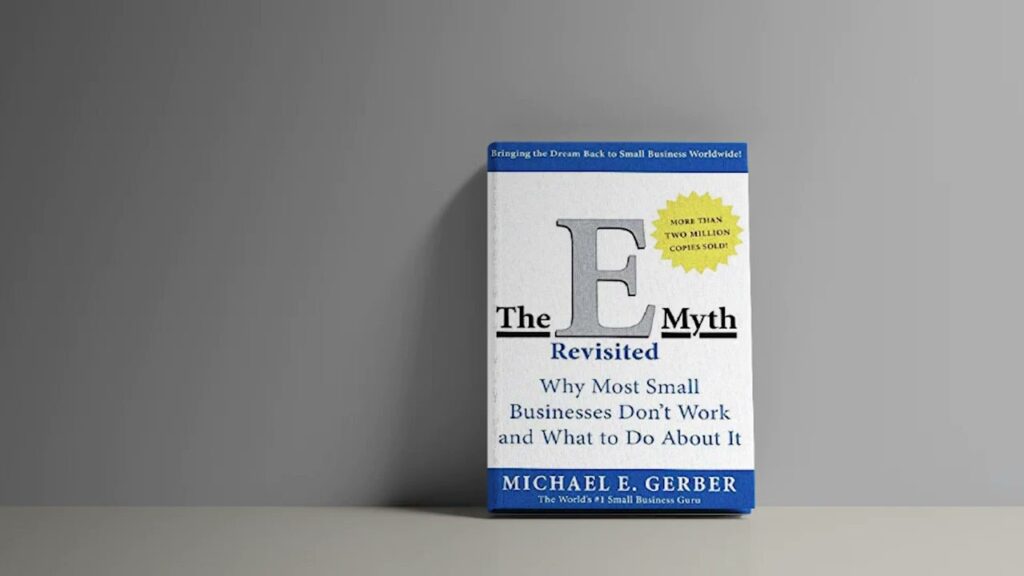
“The E-Myth Revisited” by Michael E. Gerber
“The E-Myth Revisited” explores the common pitfalls that entrepreneurs encounter when starting and running their businesses. Gerber provides valuable guidance on how to build scalable and sustainable ventures by establishing systems and processes that enable growth.
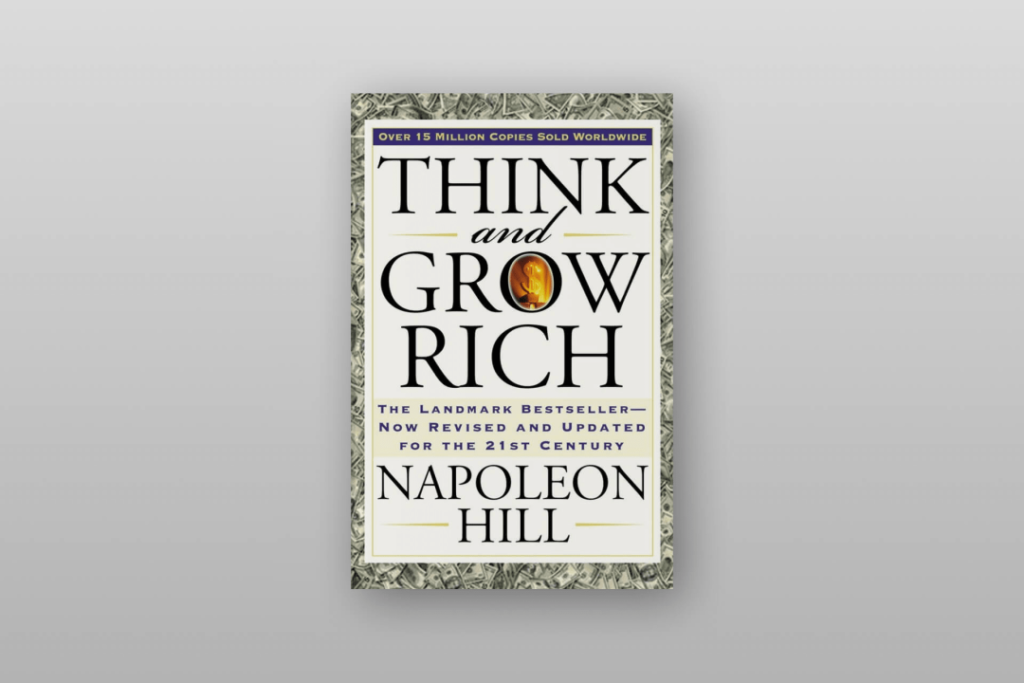
“Think and Grow Rich” by Napoleon Hill
Napoleon Hill’s timeless classic, “Think and Grow Rich,” is more than just a book; it’s a blueprint for success that has inspired generations of entrepreneurs. With its powerful principles and actionable insights, this book remains a must-read for anyone embarking on an entrepreneurial journey. Hill’s philosophy centers around the idea that our thoughts and beliefs have a profound impact on our ability to achieve wealth and success. By focusing on a clear and burning desire, setting specific goals, and maintaining unwavering faith, entrepreneurs can tap into their unlimited potential. “Think and Grow Rich” delves into the importance of perseverance, strategic planning, and the power of the mastermind group. It’s a motivational guide that not only empowers individuals to transform their mindset but also provides practical strategies for turning dreams into reality. For entrepreneurs, this book is a roadmap to harnessing their inner potential, shaping their destiny, and, as the title suggests, thinking and growing rich. It’s a timeless resource that continues to inspire and guide those on the path to entrepreneurial success.
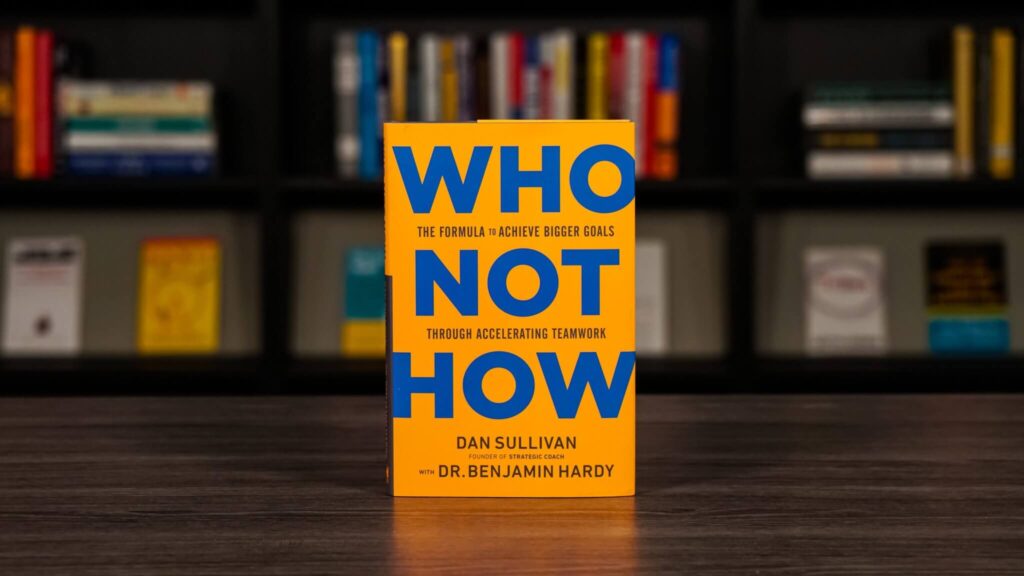
“Who Not How” by Dan Sullivan & Dr. Benjamin Hardy
Entrepreneurs often find themselves overwhelmed with the myriad tasks and challenges that come with building and growing a business. In “Who Not How”, a refreshing perspective on problem-solving and productivity emerges. The book emphasizes that, rather than focusing on “how” to accomplish every task, entrepreneurs should prioritize “who” can help them achieve their goals more effectively. Sullivan’s insight challenges the conventional idea that we must do everything ourselves, encouraging us to leverage the expertise of others. This paradigm shift is not just a time-saver; it’s a mindset that can be transformational for entrepreneurs. It invites us to build a network of capable individuals and collaborate strategically, ultimately driving business growth and personal success. “Who Not How” is a game-changer for entrepreneurs, offering a practical and empowering approach to productivity. It’s a reminder that in a world of endless possibilities, the key to success lies in recognizing the power of delegation and cooperation. Entrepreneurs should read this book to unlock the potential of their networks and discover the true force of “who” over “how” in their entrepreneurial journey.









